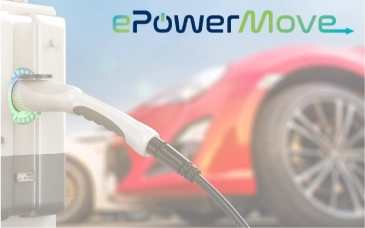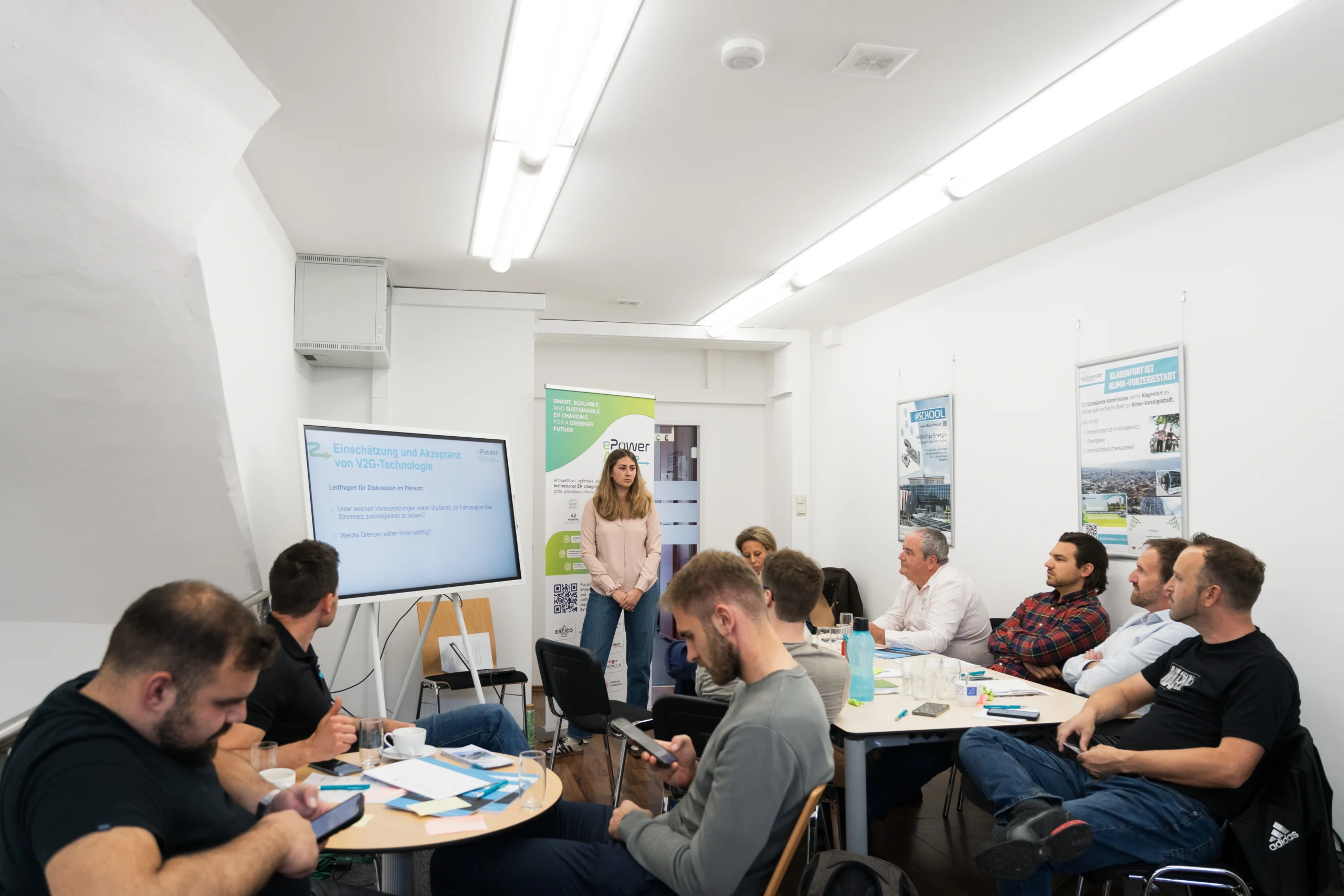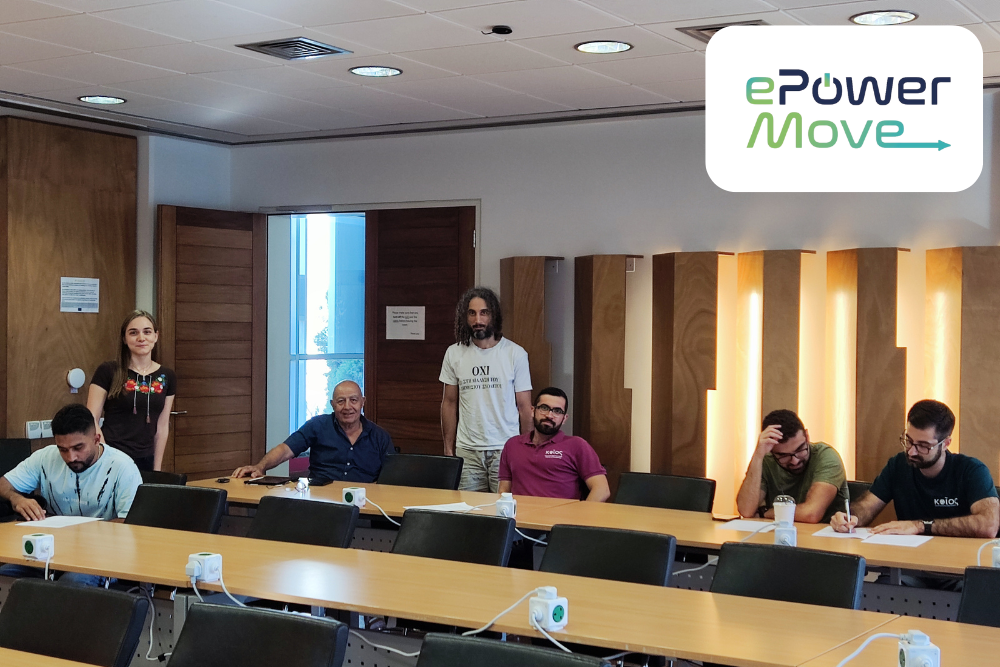Electric vehicles (EVs) play a key role in building a more sustainable transport sector. The ePowerMove project aims to further enhance this by making electric vehicle charging more convenient and affordable, by introducing a global energy-usage optimiser that integrates smart, low-cost, and bi-directional charging solutions. The chargers seamlessly interact with the power grid, utilising advanced controls and predictive technologies to minimise grid congestion and optimise power management.
But ePowerMove is about more than just technology. It recognises that true innovation must be user-centric. The project will build comprehensive databases in three pilot cities (Helsinki, Klagenfurt, and Nicosia) to understand real-world charging habits, preferences, and socio-cultural factors, including the specific needs of people with disabilities, providing tailor-made charging solutions.
Five pathways to smarter e-mobility
ePowerMove is tackling the challenges of e-mobility through five key pathways:
- Socially Inclusive Design: Putting communities at the heart of the design process. By forming diverse community clusters, including EV users, non-users, and people with special needs, ePowerMove will co-create solutions that are accessible and user-friendly for everyone.
- Low-cost interoperable bi-directional charger solutions: The project will develop affordable, interoperable, and user-friendly on-street charging solutions that minimise visual impact, simplify installation, ensure grid compatibility, and enable vehicle-to-grid (V2G).
- Grid congestion management: Creating predictive models and analysing synergistic solutions to alleviate grid congestion and maximise the use of renewable energy.
- Demonstration and assessment: Planning, simulating, and implementing real-world pilot demonstrations, followed by rigorous assessments of the technical, business, user acceptance, environmental, and economic impacts of our solutions.
- Mass deployment: The project’s partners will define a roadmap for the widespread adoption of its charging solutions, focusing on interoperability standards, regulatory improvements, and socio-cultural factors that influence user uptake.
ePowerMove pilots cities: Charging innovation
ePowerMove will demonstrate the potential of bidirectional, slow charging across three cities, each focusing on distinct aspects of innovation. In Helsinki, the pilot will showcase low-cost, non-intrusive bidirectional AC charging solutions designed for Nordic conditions, demonstrating mass adoption in the urban area of Ruoholahti with over 40 dedicated parking spots featuring 11 kW bi-directional kerbside chargers and Type 2 connectors.
The Klagenfurt pilot will demonstrate the integration of V2G-capable vehicles in a multimodal hub, testing low-power, smart bi-directional charging and its impact on grid stability through innovative public AC charging points and will explore new business models.
The Nicosia pilot will demonstrate a synergetic framework to intelligently co-manage the distribution grid and bi-directional EV charging, aiming to reduce grid congestion, lower charging costs, and boost Renewable Energy Sources (RES) utilisation, all within the University of Cyprus campus area.
ePowerMove represents a significant leap forward in the journey towards sustainable e-mobility. By combining technological innovation with a strong focus on user needs and environmental responsibility, the project will drive the transition to a cleaner, more accessible, and more efficient transportation future.

ePowerMove consortium at the project’s kick-of meeting in Brussels
Coordinated by ERTICO – ITS Europe , the project consortium is made up by University of Leeds – Institute for Transport Studies, E-Mobility Europe, VTT, Forum Virium Helsinki, IGL-Technologies Oy, AustriaTech, City of Klagenfurt, Avant car, University of Cyprus – KIOS Research and Innovation Center of Excellence, Psaltis Auto Parts EV Power Ltd Electricity Authority of Cyprus Kärnten Netz University of Ljubljana METRON UTU Oy


